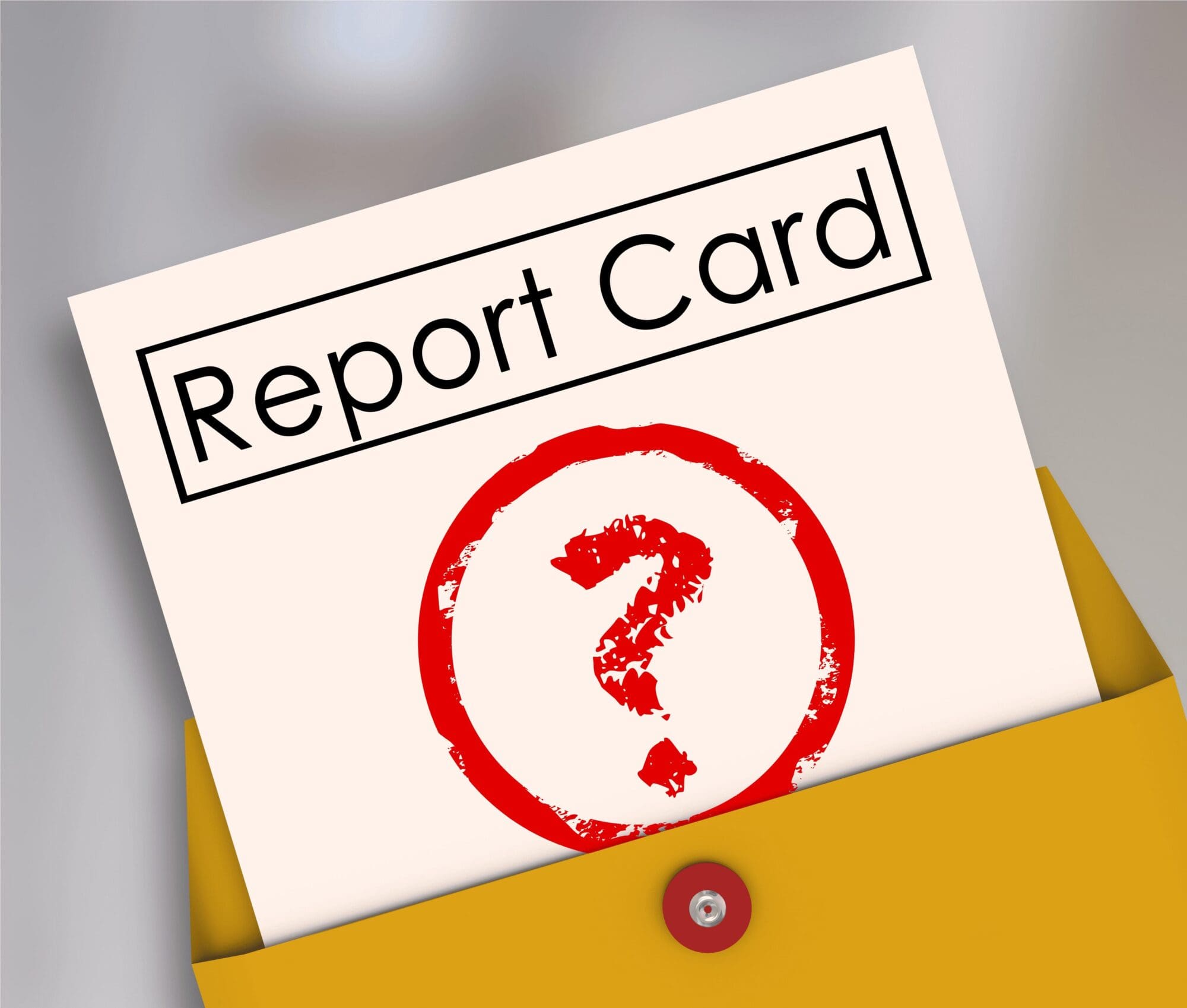As minors are increasingly struggling with exposure to pornography, legislation has been filed a bill to make it harder for children to access.
House Bill 3570 by State Rep. Nate Schatzline (R–Ft Worth) introduces requirements that force websites with pornographic content to implement age verification using state-issued identification and gives parents the ability to sue websites if their child is exposed to online pornography.
If passed, the legislation would take effect September 1. As described in the bill, the requirement for age verification could affect social media websites and other websites where one-third of the content is sexually explicit.
An identical bill was filed on the same day by State Rep. Terri Leo-Wilson (R–Galveston).
Chris Hopper, president of the Texas Family Project, says his organization fully supports the effort.
“Texas Family Project supports and stands with State Representative Nate Schatzline as he puts forth bills that will protect children in Texas from obscene material,” Hopper told Texas Scorecard. “For many decades, porn has preyed on the minds of children all across this country. Nate is right when he says, ‘Age verification for explicit content should be a no-brainer.'”
The legislation comes after a similar bill passed in Louisiana last year.
“Given the effect we have already seen Louisiana’s bill have, I am very excited to file it here in Texas so we can protect our children from harmful material online as well,” said Schatzline.
Pornography is well known to have severe negative effects on the minds of children and adults. Children, who statistically first find porn at age 12, experience poor mental health, according to UNICEF.
The American College Pediatrics further elaborates on the harms of pornography, which include “increased rates of depression, anxiety, acting out and violent behavior, younger age of sexual debut, sexual promiscuity, increased risk of teen pregnancy, and a distorted view of relationships between men and women.”
The American College of Pediatrics also explains that “pornography [consumption] results in an increased likelihood of divorce which is also harmful to children.” Additionally, ACP found in a study of young adults:
- Male subjects demonstrated increased callousness toward women.
- Subjects considered the crime of rape less serious.
- Subjects were more accepting of non-marital sexual activity and non-coital sexual practices such as oral and anal sex.
- Subjects became more interested in more extreme and deviant forms of pornography.
- Subjects were more likely to say they were dissatisfied with their sexual partner.
- Subjects were more accepting of sexual infidelity in a relationship.
- Subjects valued marriage less and were twice as likely to believe marriage may become obsolete.
- Men experienced a decreased desire for children, and women experienced a decreased desire to have a daughter.
- Subjects showed a greater acceptance of female promiscuity.
After having been filed, the bill will now be referred to a committee by House Speaker Dade Phelan in the coming days.





